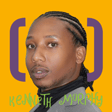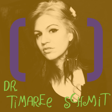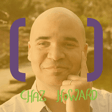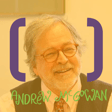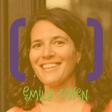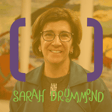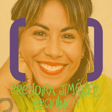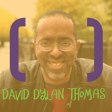
Rachel Rehbein LPC: Heal Yourself, Heal the World
What does healing look like in a world of trauma? How do healers heal themselves? How can we help bring healing to our children?
Rachel Rehbein MS, NCC, LPC, LPCC is a psychotherapist, consultant, and adjunct professor of Psychology at the University of Wisconsin. She specializes in childhood mental health, childhood trauma/abuse/complex PTSD, and LGBTQIA+ presenting issues, including helping trans people transition. She is licensed to offer care in the states of Wisconsin and Minnesota.
CONTENT WARNINGS:
Trauma, indirect references to transphobia and abuse, discussion of Christian supremacy and religious trauma
Check out her website: ccgcounseling.com
Check out her instagram: www.instagram.com/rachel.nicole.1
Check out her LinkedIn Page:https://www.linkedin.com/in/rachelrehbein/
This program is produced in south west philadelphia, in the unceded neighborhood of the black bottom community and on the ancestral land of the Lenape nation, who remain here in the era of the fourth crow and fight for official recognition by the commonwealth of Pennsylvania to this day. You can find out more about the Lenape Nation of Pennsylvania and how you can support the revitalization of their culture by going to https://lenape-nation.org.
Visit this episode’s sponsor, BVP Coffee, roasting high quality coffee that benefits HBCU students:
https://bvp.coffee/uncommongoodpod
we chat to ordinary people doing uncommon good in service of our common humanity.
we are creating community that builds relationships across difference by inviting dialogue about the squishy and vulnerable bits of life.
(un)common good with pauli reese is an uncommon good media production, where we put content on the internet to help people stop hating each other.
thanks for joining us on the journey of (un)common good!
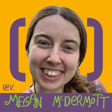
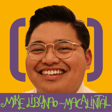

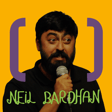
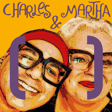
![BONUS: [moim] Gathering, David Rubenstein Atrium at Lincoln Center image](https://media.zencastr.com/cdn-cgi/image/width=112,quality=85/image-files/62b64321a33e0c0035b4bc2e/a5bd46bd-6072-4365-94bb-c1391a3e5105.jpeg)



